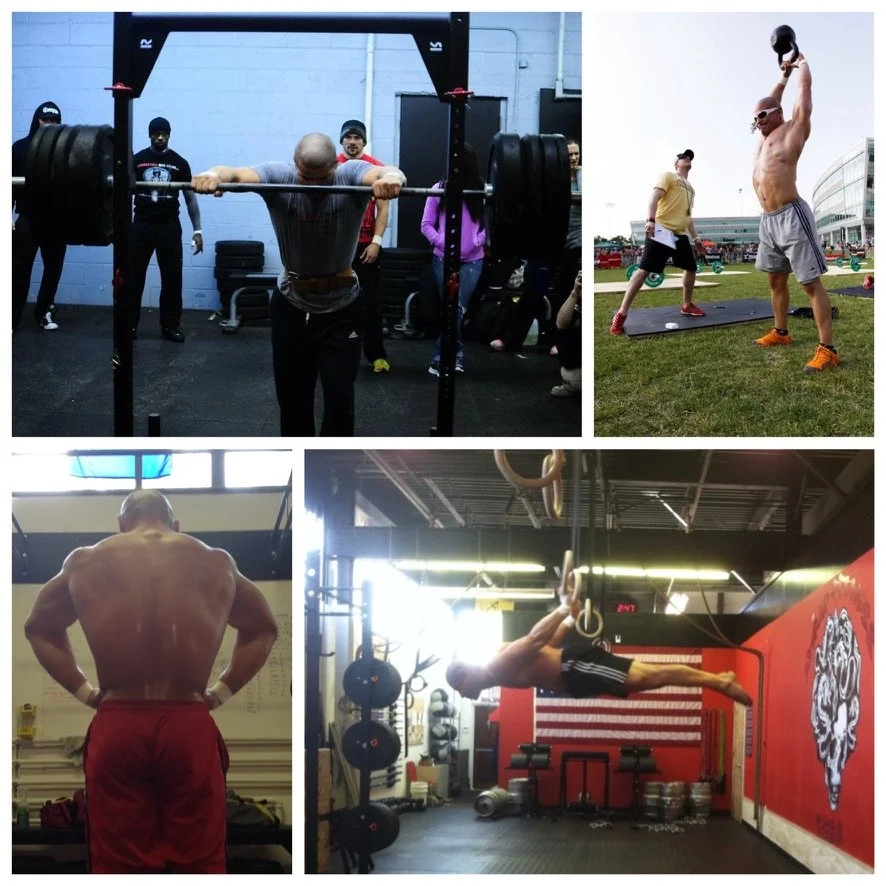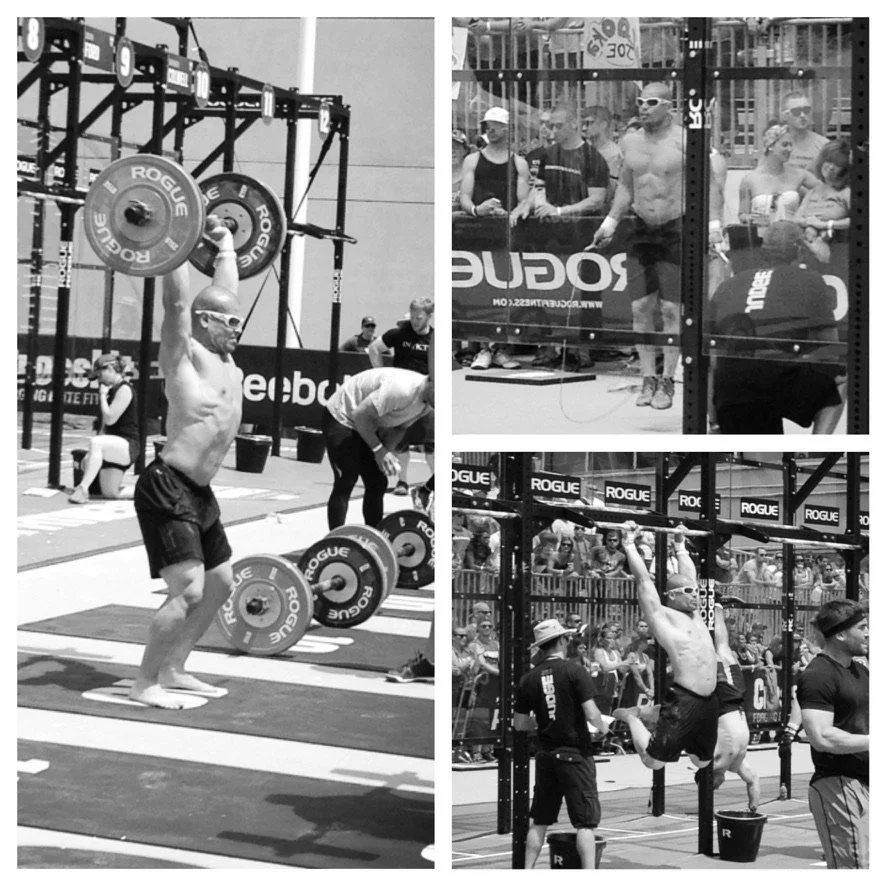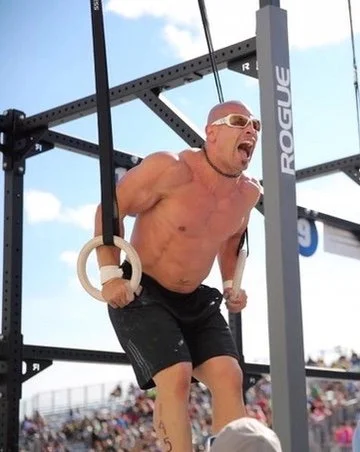Letting Go of Your Past Self: Acceptance, Aging, and Longevity
Introduction
As we age, many of us face a silent struggle: the grief of our past self. For those of us who were competitive athletes, fitness enthusiasts, or exceptionally disciplined, the contrast between who we once were and who we are now can be overwhelming. Coach Ray Traitz has personally experienced this journey, reflecting on the lean, strong, and competitive version of himself just five to seven years ago, and the difficulty of accepting his present reality as he approaches his 48th birthday.
This struggle isn’t just emotional—it has profound implications for mental health, motivation, and longevity. Understanding it, normalizing it, and learning how to navigate it is critical for long-term well-being.
Why Letting Go is So Hard
Identity Tied to Physical Performance
When fitness, strength, and competition have defined much of your life, your self-worth can become linked to these achievements. Aging and life changes can make it feel as though you’ve lost part of your identity.Societal Pressure and Fitness Culture
The culture around health and appearance often glorifies youth and peak performance, making it harder to accept changes in body composition, energy levels, or physical capabilities.Physiological Changes with Age
Muscle mass, hormone levels, and recovery capacity naturally decline with age. These changes are not failures—they are part of human biology—but they can feel discouraging if you’re used to performing at your personal peak.
Commonality and Prevention
This experience is more common than you might think. Research in psychology and sports science highlights that former athletes often experience grief, depression, or anxiety when transitioning away from peak physical performance.
Prevention and coping strategies include:
Redefining Success: Focus on performance markers suited to your current body, rather than comparing to past benchmarks. Strength, mobility, endurance, and consistency are now key measures.
Mindful Reflection: Journaling or speaking openly about your feelings can help process the emotional impact of aging.
Goal Evolution: Set realistic, age-appropriate goals that are challenging yet attainable. Celebrate small wins along the way.
Community and Support: Surround yourself with peers who understand your journey. Engage in social, group, or mentorship activities to stay motivated.
The Mental and Longevity Connection
Failing to accept the current self can lead to negative mental health outcomes: depression, anxiety, and even social withdrawal. Conversely, embracing your evolving capabilities can reduce stress, improve adherence to exercise, and support overall longevity.
Studies suggest that psychological flexibility—the ability to adapt your mindset and goals over time—is associated with better long-term health outcomes, lower inflammation, and improved cardiovascular markers.
Coach Ray Traitz’s Perspective
Ray has been working on shifting his mindset to focus on present performance, consistent health habits, and meaningful longevity goals rather than chasing past ideals. He emphasizes:
Daily movement and strength training appropriate to current capacity
Nutrition tailored to aging metabolism
Mental strategies like visualization, meditation, and positive self-talk
Celebrating incremental progress and redefining what “peak performance” means now
By working with a coach or mentor who understands the emotional and physical complexities of aging, you can find a path to acceptance while still striving for excellence.
Key Takeaways
It’s normal to grieve the loss of your past self.
Accepting and optimizing your present body is crucial for long-term health and longevity.
Mental resilience and mindset adjustments are as important as physical training.
Support from experts like Coach Ray Traitz can accelerate acceptance and results.
For personalized coaching on fitness, strength, nutrition, and mental strategies to embrace your current self while optimizing your longevity, contact Coach Ray Traitz at amrapfitness@hotmail.com.
Resources
Brewer, B. W., Van Raalte, J. L., & Linder, D. E. (1993). “Athletic identity: Hercules’ muscles or Achilles heel?” International Journal of Sport Psychology.
Lavallee, D., & Robinson, H. K. (2007). “Coping with retirement from sport: The influence of athletic identity.” Journal of Applied Sport Psychology.
Ryff, C. D., & Singer, B. H. (2008). “Know thyself and become what you are: A eudaimonic approach to psychological well-being.” Journal of Happiness Studies.




